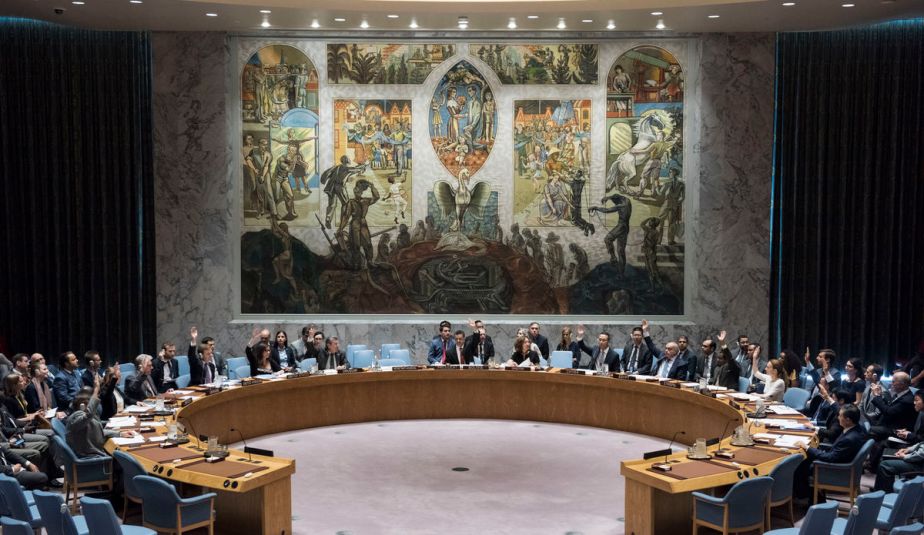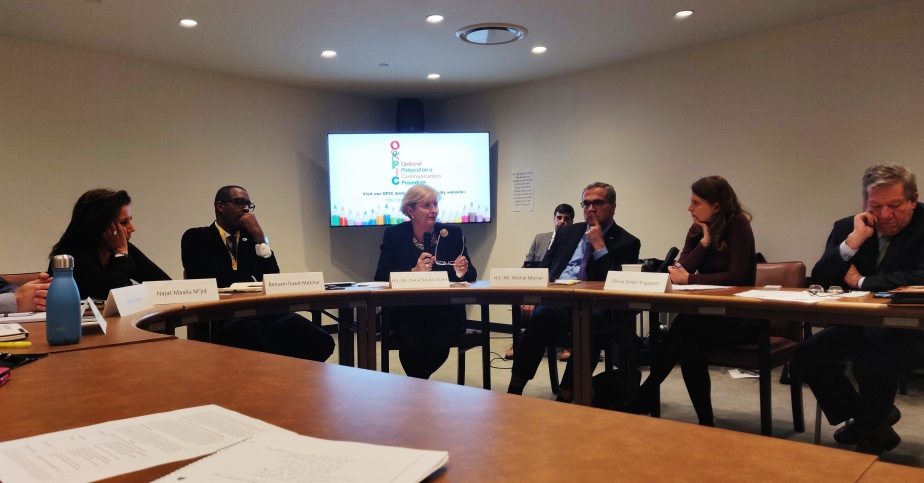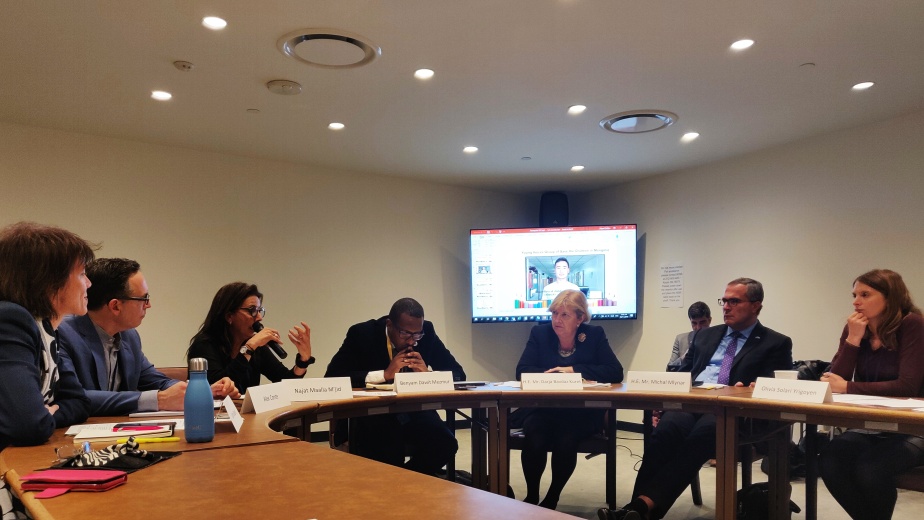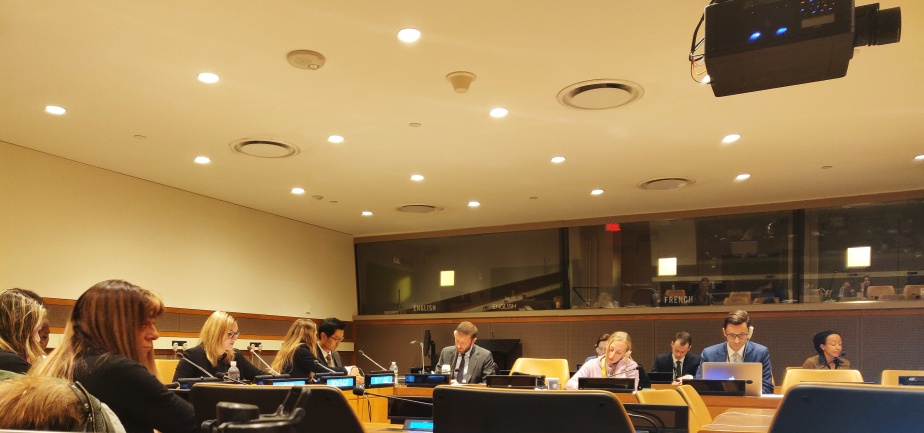Thousands of vulnerable Yemenis are stuck at a situation of war. There are more civilians being killed on a regular basis alongside migrants and asylum seekers from African countries. Humanitarian operations still face considerable challenges in ensuring humanitarian aid to the people who really need it.
Today morning, the United Nations Security Council sat to discuss the conditions of Yemen and the efforts being taken by the UN to resolve the legitimate concerns of the Yemeni people. The meeting comprised of the reactions about the Hudaydah Agreement, its implementation and the challenges being faced by civilians at large. The aftermath of war still remains the most vulnerable aspect of fighting a war. Assistance for Yemen to meet the basic needs of the population and develop the economy were the chief aspects of concerns in the Council meeting. The importance of keeping ports and airports open so that aids could keep traveling to the people who really need it, was mentioned by the delegate from Peru.
Yemen has been in a situation of distress repeatedly. The need to abide by International Law, ensure Obligation of all parties to facilitate humanitarian relief, Respect and continue funding for humanitarian response plan and calling for support towards the Yemeni economy have been the watchwords suggested to ensure a smooth peace transition process in Yemen.
Takeaways;
- Every country present at the council called for ensuring cooperation to support the Hudaydah agreement and urgent need for the ‘UN assessment team to verify and asses the oil tanker in Yemen’ which poses serious humanitarian and climate risk in the Red Sea region.
- Though partners are able to deliver aid, there are unacceptable delays in the process. There has been repeated delaying and blocking off projects by NGOs in regards to humanitarian aid. Terrorism is still a threat. UN and NGOs have often been forced out of Yemen and are till now routinely blocked.
- The International Community recognizes the immense suffering civilians in Yemen are undergoing. Countries unanimously understands the importance of negotiations and dialogue to end the horrible conditions in Yemen. Russia called for a comprehensive de-escalation and continued international effort to distribute aid in a non-discriminatory basis regardless.
- Recommendations from countries such as Poland among others came to develop the Yemeni economy urgently and advance humanitarian aid in an increased rate. There was recommendations made for introducing a regular program of foreign exchange to stabilize the exchange rate in Yemen.
Peace processes can be murky. Bringing peace to a war-torn zone can be the work of a number of months if not years. Countries across the world often waste time by making long, unwanted statements thanking delegates at the United Nations. But, even an awareness about problems in the world, civilian casualties, the need to establish international law and an intention (no matter how bleak) to solve the situation… goes a long way to establish the process of peace!




